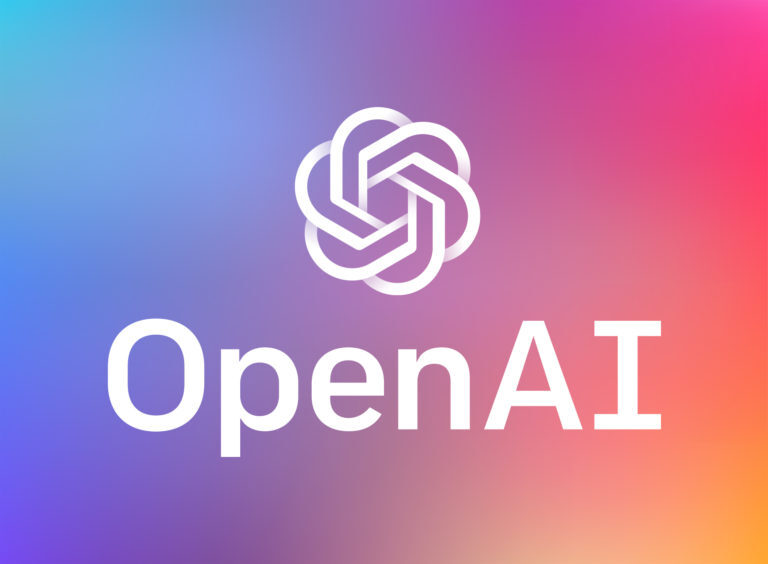The notion that Android can be privacy-focused is absurd
- Google promised that Android would become more privacy-friendly in its latest release, but the notion that it will ever be as private as iOS is absurd because turkeys do not vote for Christmas.
- Android Q is the latest version of Android and it is currently in beta testing for general availability in Q3 19.
- Consequently, details are emerging of how advertisers will still be able to track users even with all the privacy features turned on.
- Greater control of location data, randomization of MAC addresses and other features are all new adds to Android Q but Android gives users no ability to control how individual apps access the Internet nor does it make any changes to user tracking by tracking hosts (see here).
- Tracker hosts are mini-programs embedded in apps that send user data to 3rd parties.
- Research by Oxford University found that the median number of tracker hosts was 10 in every app and that 93.4% of all apps had tracker hosts embedded in them.
- There is no data available for iOS as the closed nature of the system prevented the software developed by Oxford University from working.
- However, I suspect that iOS also has this problem as almost all 3rd party apps on Android are also available on iOS.
- It should surprise no-one that Android pays only lip-service to privacy because if Android was fully private, its owner, Google, would be out of business.
- Consequently, users desperate for privacy would be better served by voting with their feet and switching to iOS because Android can never become a champion of privacy.
- I have long argued that Apple and Google do the same thing but that they earn their money in different ways.
- Apple can afford to wave the privacy flag because the premium prices that it charges for its devices mean that it has been paid for its ecosystem when the user purchases the device and therefore has no need of advertising to survive.
- Google monetises its ecosystem by making it as widely available as possible and then selling targeted advertising inventory to marketers.
- Facebook, Google, Baidu, Twitter, Bytedance, etc all have an agreement with the user which is that the user pays for the service with personal data that is then sold to advertisers.
- The problem with this is that the nature of this arrangement is far from clear to the users as many of them think that they are enjoying a free service.
- This is one of the great fallacies of the Internet as there is no free Internet and never has been.
- Users pay for Internet services with cash or personal data.
- This arrangement needs to be much more clearly spelled out to users and in some cases a choice between paying for the service or consuming advertisements.
- Spotify is a good example of where this distinction is very clear.
- The net result that any expectation of privacy on an Android device is unrealistic and Q2 19 results are indicating that users do not really care.
- Facebook, Google and Twitter have all produced good results in an environment where the media and regulators have beaten down optimism on this business model.
- On the contrary, it is alive and well and until users and advertisers stop using these platforms, they will continue to thrive.
- Facebook looks good for another 10% momentum bounce but for the long-term, Google looks like a good place to ride out any technology-related storms.










Blog Comments
Ken Blakeslee
July 29, 2019 at 1:19 pm
Well written Richard!
This area needs to come to the surface more as IMHO, privacy is fundamental to the next stages of Consumer Driven change in the IoT, IoME, personal wellness, preemptive healthcare and many, many other consumer centric, lifestyle changing areas.
BTW and also IMHO, the other FAANG companies are aggressively expanding in these areas, but for the exact same reasons you stated will not also “vote for turkey at Christmas”! Perhaps you could comment?
Apple’s recent investment in the technology development of 5G at the consumer end is also notable. Yes, a defensive and supply chain enhancing move, but also a recognition that 5G is a step-change in consumer services.
However, Apple has not been in the habit of doing this without a more strategic long term “Business Without Bounds” strategy.
I believe 5G is one of those BWB possibilities, but I question whether it will ever be justified to be built in the first place without a strong and identifiable Services Revenue Business.
Apple enablement of the third party developers by providing ecosystem, API’s and development tools are a potential enabler for the beginnings of critical mass in the new 5G enabled services areas.
Most important factor to this services business opportunity however, is the security and personal privacy environment that Apple promises and maintains and to date has delivered.
The other FAANG companies rely on (as their basic business model) the collecting of personal data to create revenue and profits.
Apple does not is unique as we move into this new personal AI driven opportunity.
Bright future or “could have happened only if…” situation?